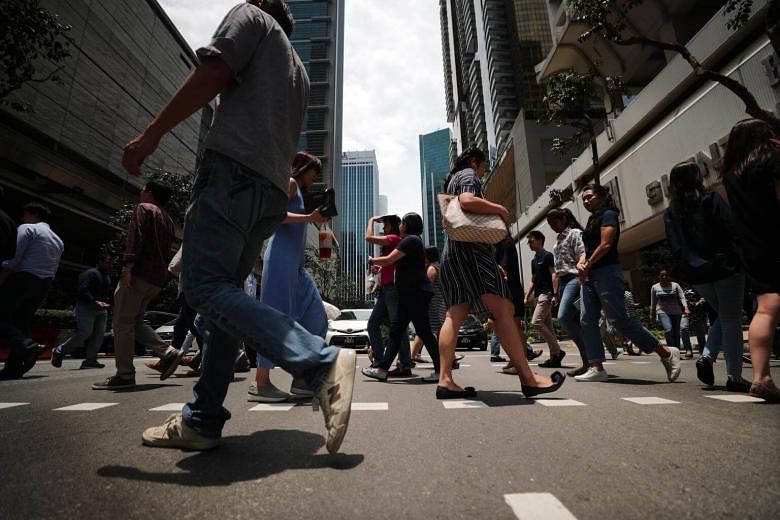We thank Mr John Gee for his letter (Limitations to work injury compensation scheme, April 4).
He was concerned that the Work Injury Compensation Act (Wica) does not cover occupational diseases with long latency periods.
In actual fact, this law requires employers to compensate for any work-related injury or disease without assignment of fault.
Like for work injury, compensation for work-related diseases is ordered only if the disease is a direct result of the worker's employment.
To strike a balance between employers' obligations and workers' right to compensation, the limitation periods for compensation for work-related diseases are set at between one and three years after the cessation of employment or exposure to hazardous agents.
For work-related diseases detected after the limitation periods, the affected worker can file a civil suit or apply to MOM for assistance.
Both routes would require the determination that the disease was due to the worker's previous employment in Singapore.
For workers who have left Singapore, they would have to provide evidence that they contracted the diseases while working in Singapore.
Kee Ee Wah
Director, Work Injury Compensation Department
Occupational Safety and Health Division, MOM

